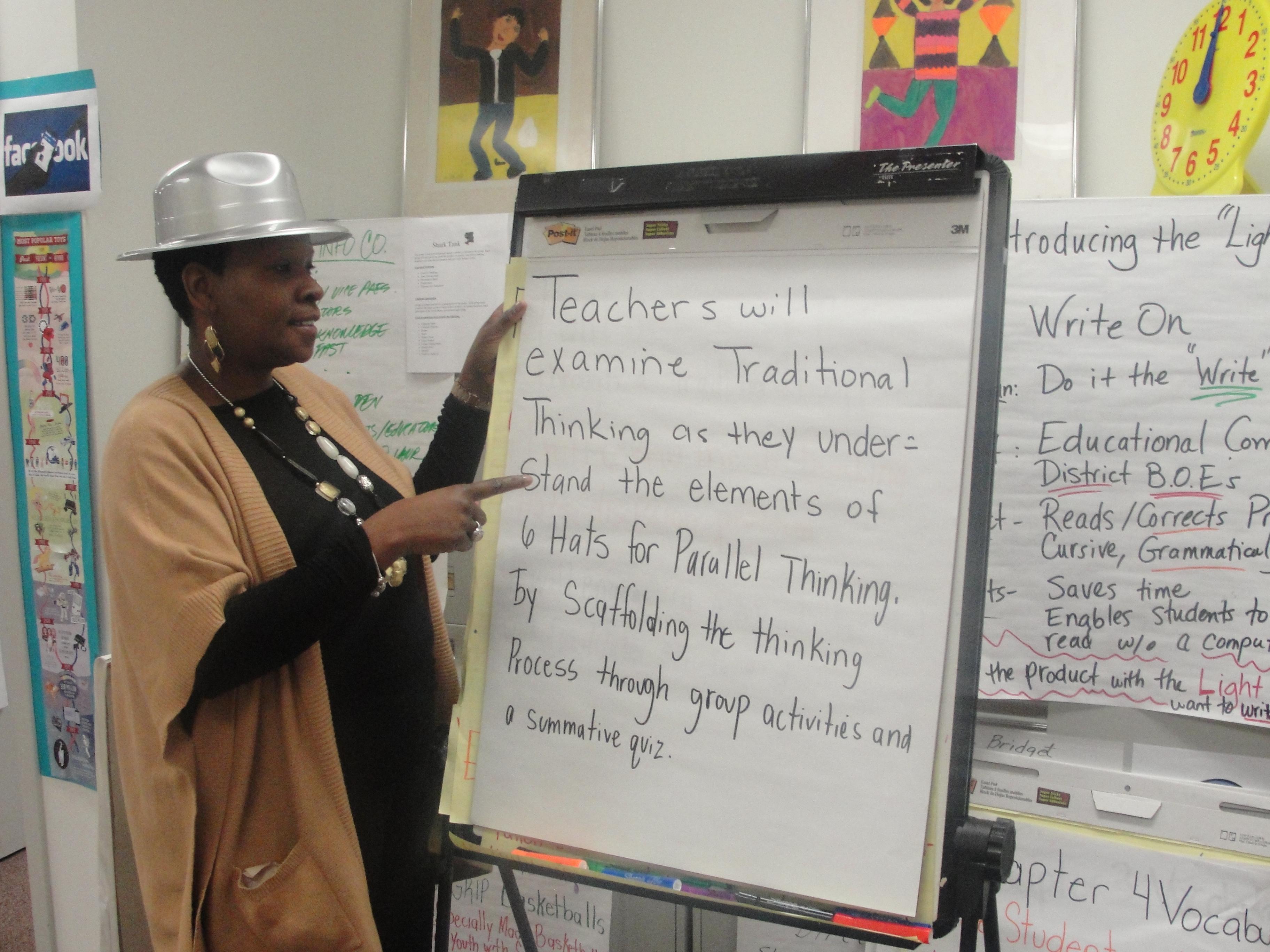The role of a principal has changed immensely over time. Principals not only play a role in student discipline in their schools, but also are responsible for serving as a teacher evaluator and mentor.
Over the last 20 years Dr. Deneen Washington, a member of City Association of Supervisors and Administrators, AFSA Local 20, has transformed what the traditional role of a principal is. With experience in a public school setting and now as a mentor to teachers, Washington is an example of how this leadership role can evolve over time.
Although she was an accounting/finance major, Washington always knew she wanted to teach. She entered the Newark Public School system in 1998 as an alternate route elementary school teacher.
Early on in her career she entered an administrative track and served as a vice principal for three years prior to being appointed as principal of Maple Avenue School in Newark, New Jersey. She served as principal of Maple Avenue School for 11 years.
In 2014 Washington was assigned to a nontraditional role at The Virtual Learning Institute. She maintains the title of principal, though she does not physically have a school building with children. This role has allowed her to provide services to teachers who have been pulled from their classrooms for a variety of reasons.
Deneens current role is an important one, said Leonard Pugliese, AFSA secretary-treasurer. Indeed, it may be the prelude to an expanded and critical role for future principals, where successful school principals are identified and utilized to assist groups of teachers as teachers amplify their skills.
In the two years of the program, Washington has assisted more than 60 teachers.
When teachers enter the Virtual Learning Institute they complete various self-assessments and needs-assessment surveys to identify their learning and leadership styles and gain an understanding of the strengths and skill areas that need improvement, Washington said.
I developed a thematic approach that starts with the individual, moves to innovative learning and collaboration, and ends with project-based research projects. When teachers exit the Virtual Learning Institute they have improved pedagogy and personal leadership skills.
Washington says the most rewarding part of leading the program is having teachers go back to their schools or new assignments and perform at a higher rate than when they first entered the program.
The districts teacher evaluation framework is the major component of our program. By incorporating it in our daily activities, teachers better understand the scoring criteria and what it takes to execute at effective and highly effectively rates.
Another component of the program is team building. Within the Virtual Learning Institute teachers learn practical skills that will enable them to work effectively with their peers and they are taught how to transform these skills within their classrooms in order to build better relationships with their students.
Teachers often operate independently and dont always embrace the power of professional collaboration, Washington said. My professional development simulations ensure they talk, partner and see the value of working as a group.
I plan lessons that get teachers to think about themselves and their skills, Washington explained. They need to identify their strengths and weaknesses in and out of the classroom and develop goals. Taking a closer look at themselves, having that reflection piece, has been a positive force in getting them to work cohesively as a unit.
Looking back, Washington said building the program from scratch has been a rewarding experience.
I feel fortunate I can be a catalyst for my teachers. As principals, we should invest as much time improving our veteran teachers as we do our new teachers. With the proper coaching and feedback, teachers can take ownership in their own learning and as a result student learning is enhanced. said Washington.

